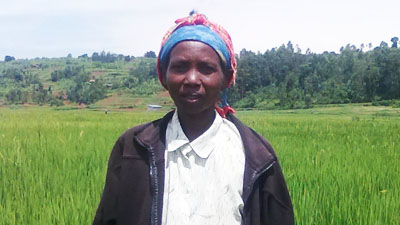
Content owner:
Agricultural insurance was introduced in Nigeria in 1987 through the creation of the Nigerian Agricultural Insurance Scheme (NAIS). In 1993, the private company in charge of underwriting and implementing the NAIS was dissolved and replaced by a public-sector corporation, the Nigerian Agricultural Insurance Corporation, NAIC. Currently, NAIC oversees a portfolio of crop, forestry, livestock, poultry and aqua-culture insurance and also non-life commercial insurance lines. NAIC has received government support both in the form of the initial capitalization of the company and 50 percent premium...







